-
December 6
1849—Harriet (Ross) Tubman escapes slavery in Maryland. But she becomes perhaps the greatest “conductor” on the Underground Railroad returning to the South 19 times and helping an estimated 300 slaves escape. Despite a serious head injury received from an angry slave master when she refused to beat another slave, Tubman was one of Black America’s greatest examples of courage and determination. During the Civil War she also spied on the South and relayed the information to Northern generals.
1870—Joseph H. Rainey (1832-1887) is sworn in as the first Black to serve in the U.S. House of Representatives. He represented South Carolina—the state in which he was born a slave. But his father—a barber—managed to raise the money to purchase his family’s freedom. Earlier this year, the portrait of Rainey was finally hung in the House of Representatives.
1949—Blues legend Huddie “Leadbelly” Ledbetter dies. Ledbetter was born in 1885 near Mooringsport, La. But he had a quick temper and a violent streak. Thus, he stayed in trouble with the law. Indeed, his musical genius was discovered in jail by a visiting White folklorist. Upon release from prison, he moved north and became a sensation performing in the U.S. and Europe.

1961—Revolutionary psychiatrist and writer Frantz Fanon dies in Washington, D.C., where he had gone for medical treatment. In his writings, the Martinique-born Fanon explored the psychological aspects of racial oppression and Black liberation. His most famous works were “Black Skins, White Masks” and “Wretched of the Earth,” which was considered by many “the handbook for Black revolution.”
-
December 7
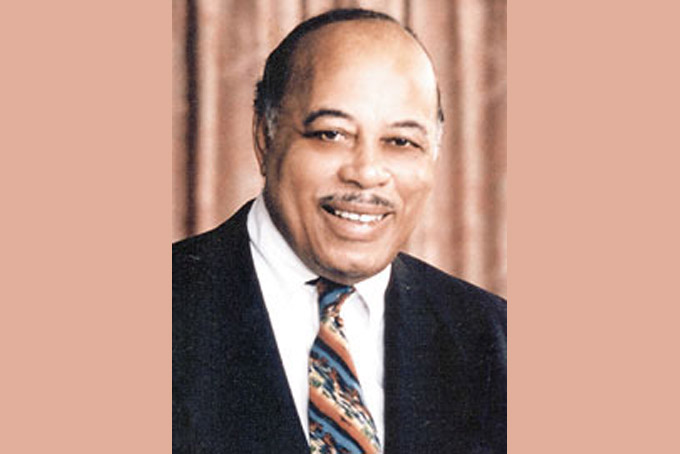
1931—Comer Cottrell is born. Cottrell founds the Pro-Line hair care products company. He also becomes the first Black to own part of a professional baseball team when he buys into the Texas Rangers in 1989.
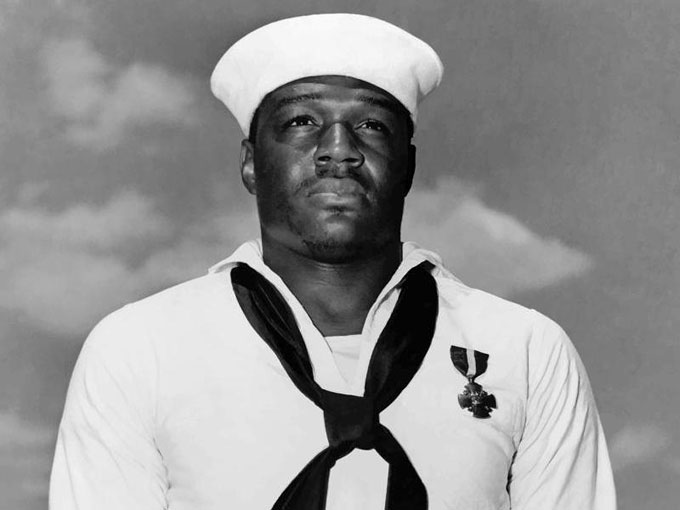
1941—Dorie Miller shoots down three or four Japanese war planes during the surprise Japanese attack on Pearl Harbor. Miller was a kitchen worker on the USS Arizona who had learned to operate the ship’s weapons. After his death he was awarded the Navy Cross.
-
December 8

1850—Lucy Ann Stanton graduates from Oberlin College in Ohio. She is believed to be the first Black female college graduate in America.
1936—The Gibbs v. Board of Education in Montgomery County, Md., decision is rendered. It was the first of a series of court rulings, which eliminated the practice of paying White teachers more than Black teachers.
-
December 9
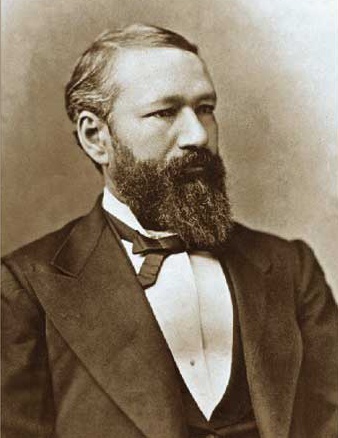
1872—P.B.S. Pinchback begins serving as the first Black governor of Louisiana. He served for a little more than a month. Pinchback, son of a White plantation owner and a former Macon, Ga., slave, was a major force in Louisiana politics after the civil war and during Reconstruction. He was also instrumental in the 1879 establishment of Southern University.

1875—Carter G. Woodson is born in New Canton, Va. In 1926, Woodson started the first Negro History Week which grew to become Black History Month.
-
December 10
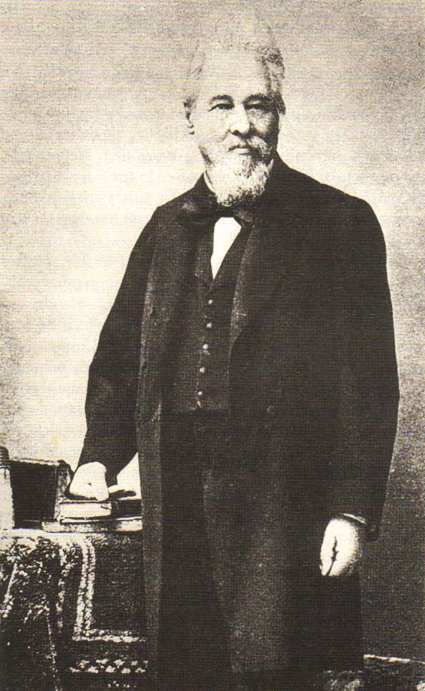
1846—Norbert Rillieux invents the “multiple effect pan evaporator” which revolutionizes the sugar industry and makes the work much less hazardous for the workers. Rillieux was born “quadroon libre” in New Orleans, La. His father was a wealthy French plantation owner and his mother a former slave. He was sent to Paris, France, to be educated in engineering. He also researched Egyptian hieroglyphics. There is no record that he ever returned to the U.S. after the 1850s. He died in Paris in 1894.
1854—Edwin C. Berry is born in Oberlin, Ohio. In Athens, Ohio, he co-founds the City Restaurant and builds the Hotel Berry which was to become one of the most elegant hotels in the entire state. By the time he retired in 1921, he was one of the most successful Black businessmen in America. He dies in 1931.
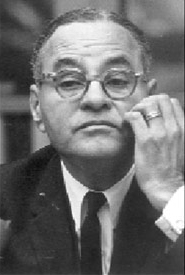
1950—Ralph Bunche becomes the first African American awarded the Nobel Peace Prize. Bunch was born in Detroit, Mich. But his family moved to Albuquerque, New Mexico, and then Los Angeles, Calif., where he showed academic genius and won a scholarship to Harvard. His fame came when he worked out a temporary settlement between the Palestinians and the Jews after the state of Israel was established in 1948 on Palestinian lands. It was that work which won him the Nobel Peace Prize.
-
December 11
1917—Thirteen Black soldiers were hanged for their participation in the so-called Houston riot. The “riot” had occurred in August of 1917 when Whites objected to the presence of Black soldiers in the city. Racist insults and mistreatment began. Then a Black soldier intervenes in the arrest of a Black woman. A Black corporal inquires with the police about the arrest of the soldier. A fight breaks out between the corporal and the police. A rumor spreads that a White mob was marching on the Black camp. Roughly 100 Black soldiers grabbed rifles and marched onto downtown Houston. Within two hours they had killed 15 Whites including four police officers. They returned to camp but military officials pressured seven soldiers to snitch on the others. Their snitching resulted in the convictions and hangings of 13 Black soldiers.
1917—The Great Jazz Migration begins when noted musician Joe “King” Oliver leaves New Orleans, La., and settles in Chicago, Ill. He is soon joined by other early Jazz greats. Their presence in Chicago laid the foundation for the Southern Black music genre (with heavy sexual overtones) to become a national obsession. Actually, the “migration” may not have been quite so romantic. Instead of being forced by the closing of the New Orleans Storyville district, Jazz greats probably left New Orleans for Chicago for the same reason other Blacks left the South—failing crops forced the disappearance of jobs while Northern factories recruited Blacks for work to produce arms and other goods for World War I. Nevertheless, many historians view Oliver’s relocation to Chicago as the start of New Orleans Jazz migrating to the rest of the nation.
-
December 12
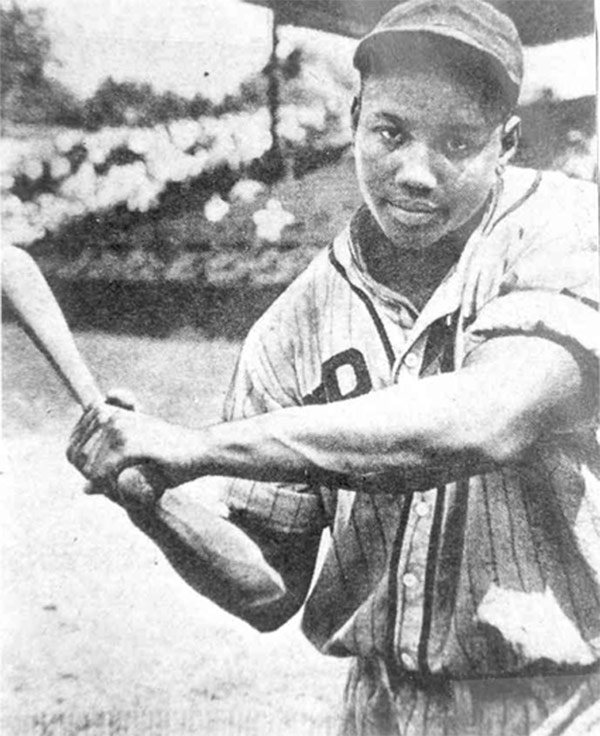
1911—Josh Gibson, legend of the Negro Baseball League, is born in Buena Vista, Ga. Standing 6’2” and weighing between 205 and 215, Gibson was a near perfect physical specimen who became the league’s home run king. He is credited with up to 932 home runs and a lifetime batting average of more than .350. The only Negro League baseball player better known than Gibson was the great pitcher Satchel Paige. The tremendous talent of the Negro League players was summed up by Washington Post sports writer Shirley Povich in a 1941 column, “The only thing keeping them out of the big leagues is the pigmentation of their skin.”

1941—Three-time Grammy winning singer Dionne Warwick is born on this day. She is a woman of many accomplishments including leading Hollywood’s anti-AIDS campaign and having her own skin care line. Her career was tainted a bit by her latter day association with the so-called Psychic Friends Network.
1963—The east African nation of Kenya is proclaimed independent from colonial rule. The first president is the charismatic Jomo Kenyatta. Despite many of the same problems which beset most other African nations, Kenya has remained one of the most politically stable countries on the continent. This is despite its beginnings which saw the brutal British repression of the Mau Mau movement–a secret insurgency of Kikuyu tribesmen, which had risen up to, drive out the White settlers.